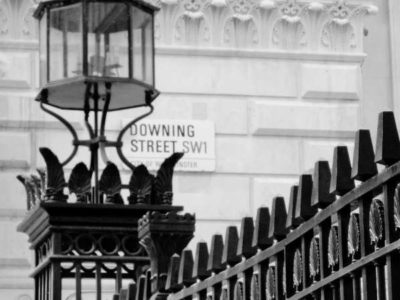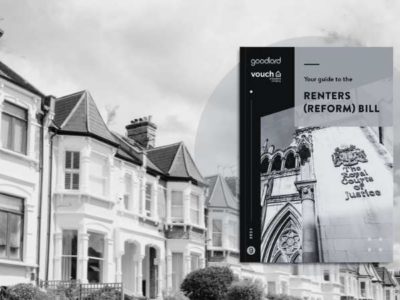The Bank of England have today, 4 January 2022, released its latest mortgage approval data.
The latest figures show that approvals fell between October and November to 46,075, also down on the 68,969 seen in November of last year (2021).
Founder and CEO of easyMoney, Jason Ferrando, comments:
“A third consecutive monthly decline in mortgage approval levels will certainly seem like cause for concern given the doom and gloom that has enveloped the UK property market in recent months.
However, when viewed in a longer term context, it’s apparent that this is very much a return to the pre-pandemic norm, albeit a rather bumpy landing, rather than the first signs of a property market collapse.
The huge spike in market activity brought about by the pandemic property market boom over the last two years simply wasn’t sustainable.
So while the year ahead may look muted in comparison, we expect to see a far more settled property market stand strong despite the wider economic turmoil surrounding it.”
CEO of Octane Capital, Jonathan Samuels, commented:
“Another reduction in buyer activity was always on the cards, as the tailwinds of the pandemic market boom subside and a generation of homebuyers adjust to the new norm of higher interest rates.
But while the appetite of the nation’s homebuyers may have diminished somewhat, it certainly hasn’t vanished, and we continue to see a robust level of buyers entering the market despite the wider economic backdrop, with the total sum lent also exceeding expectation.
Of course, a reduction in demand is likely to bring about a cool in house price growth over the coming year.
However, we don’t expect the market to flatline as a result of increasing interest rates, as homeownership remains the driving aspiration for the vast majority.”
Mark Harris, chief executive of mortgage broker SPF Private Clients, comments:
“Net borrowing increased in November compared with October, while mortgage approvals for house purchases dipped to the lowest level since June 2020.
As expected, the average rate paid on new mortgages rose significantly, increasing by 26 basis points to 3.35 per cent in November.
As borrowers will be all too aware, this came on the back of a significant increase in the average rate paid in both September and October.
Thankfully, the situation has eased for borrowers since the worst of the fallout from the mini-Budget.
Lenders have been returning with more attractive fixed-rate mortgages as Swap rates have settled, albeit at a higher level than in the recent past.
We expect this to continue into the new year as lenders compete for business and try to attract new customers.
With more interest rate rises likely in the short term, borrowers concerned about their mortgage should seek advice from a broker to find out what options are available.”
Jeremy Leaf, north London estate agent and a former RICS residential chairman, comments:
“Mortgage approvals are always a good indicator of future direction of travel for the housing market.
On the ground over the past few months, we have been seeing buyers trying to take advantage of mortgages arranged at lower rates, while others try to come to terms with higher repayments, as evidenced in this survey.
However, we have noticed many holding back until the early new year to check if mortgage rates really are stabilising before deciding to move.
The equity-driven are certainly faring better than more-heavily mortgaged first-time buyers, who are also being squeezed by higher rents.”
Gareth Lewis, commercial director of property lender MT Finance, comments:
“These figures clearly show the squeeze consumers are facing. Purchase approvals are down, showing that many people stopped and took stock in November as rates continued rising, wondering how high they were going to go and whether they could afford the purchase they were considering.
Those who aren’t forced into a move may well be wondering whether they should put that purchase on hold for now and wait until the outlook becomes clearer.
The increase in credit card debt reinforces this as the cost-of-living has increased alongside interest rates. It will be interesting to see what happens in coming months as we all have to go through a re-education pattern.
This interest rate environment is sensible, not high, and where it should have been a lot sooner.
The benign interest rate environment we have got so used to wasn’t sustainable.
It’s not all doom and gloom – once people get their heads around the true cost of getting onto, or moving up, the property ladder and inflation starts to stabilise, buyers will appreciate their true affordability and better understand what they can commit to.”





















Comments